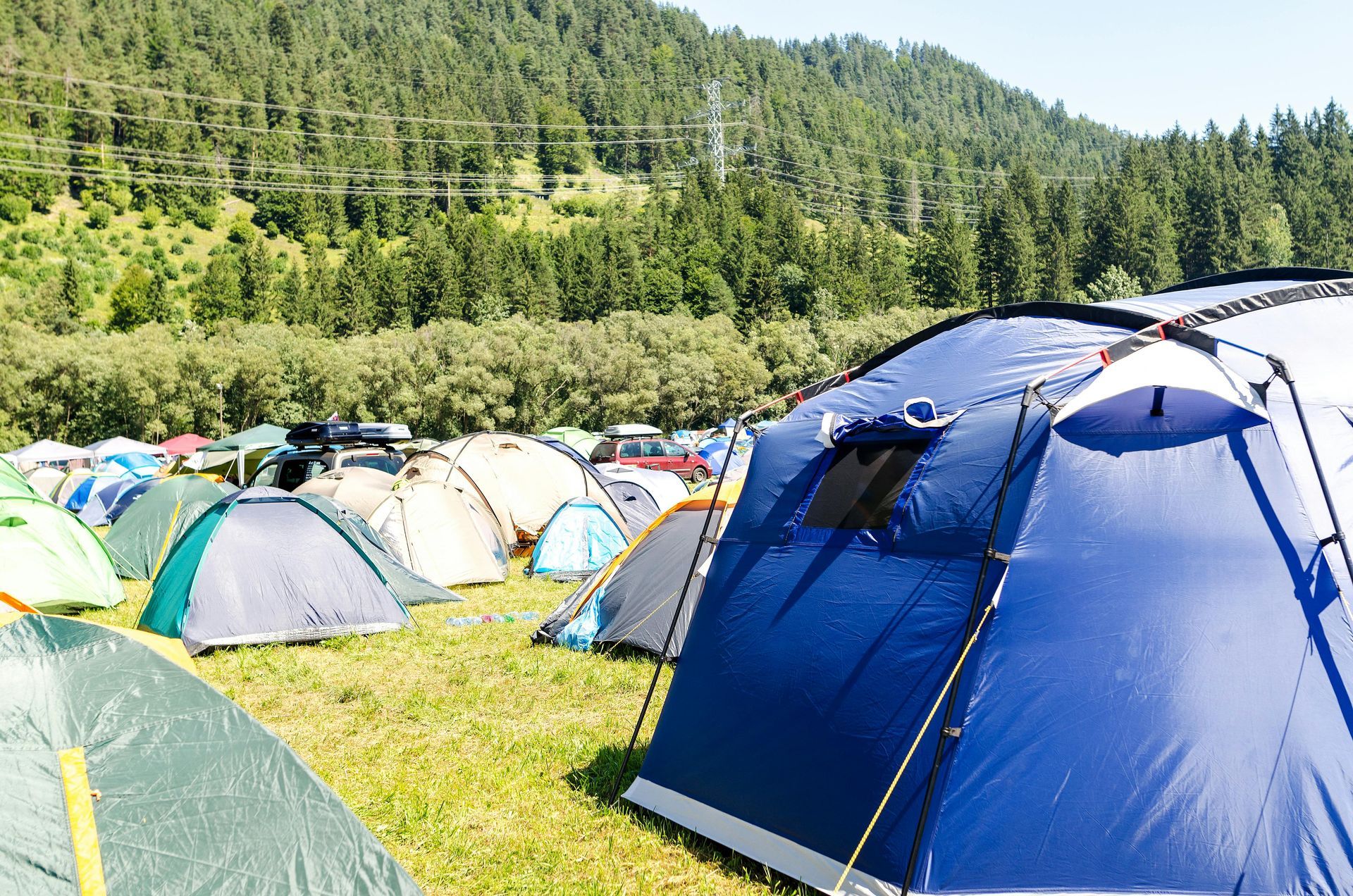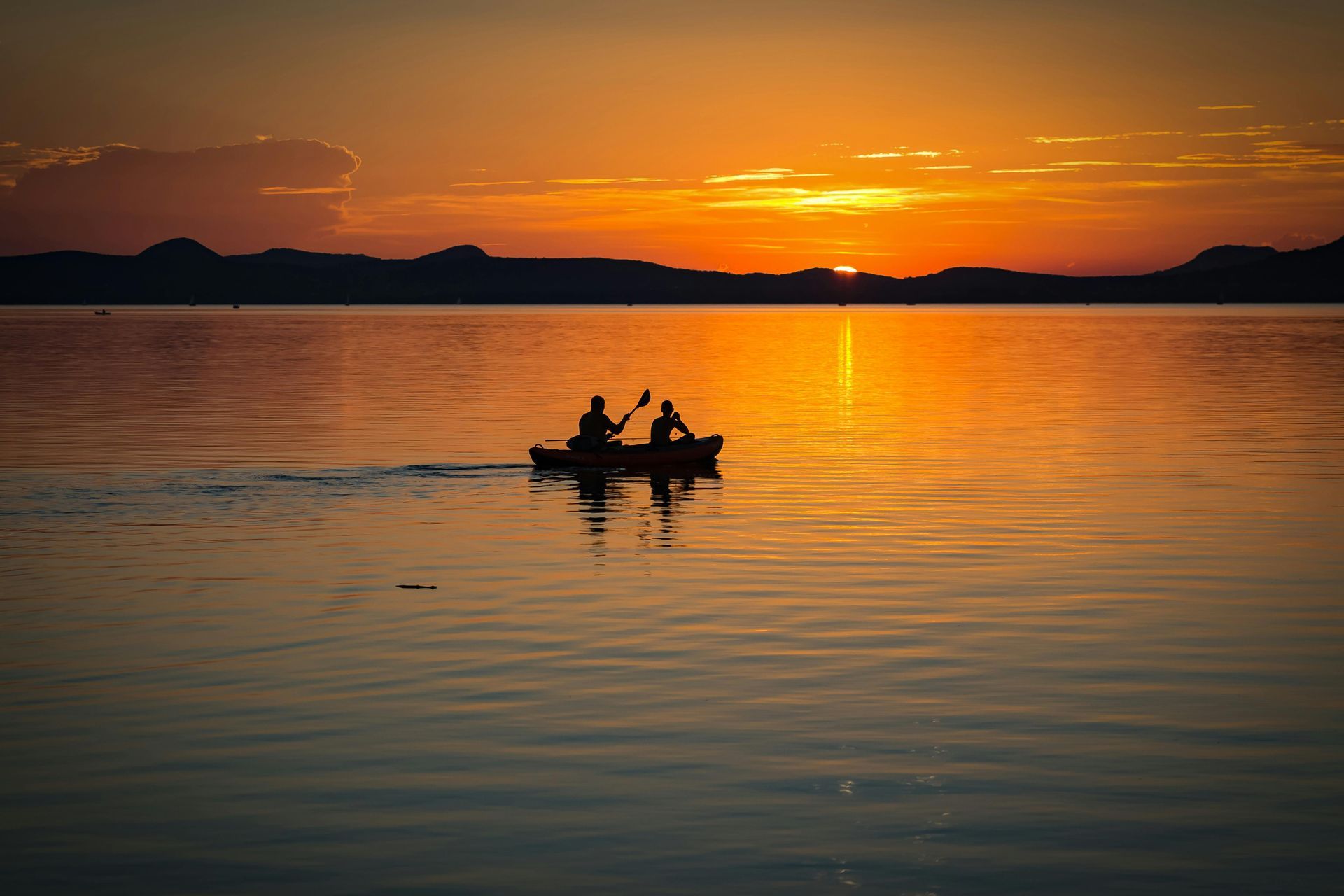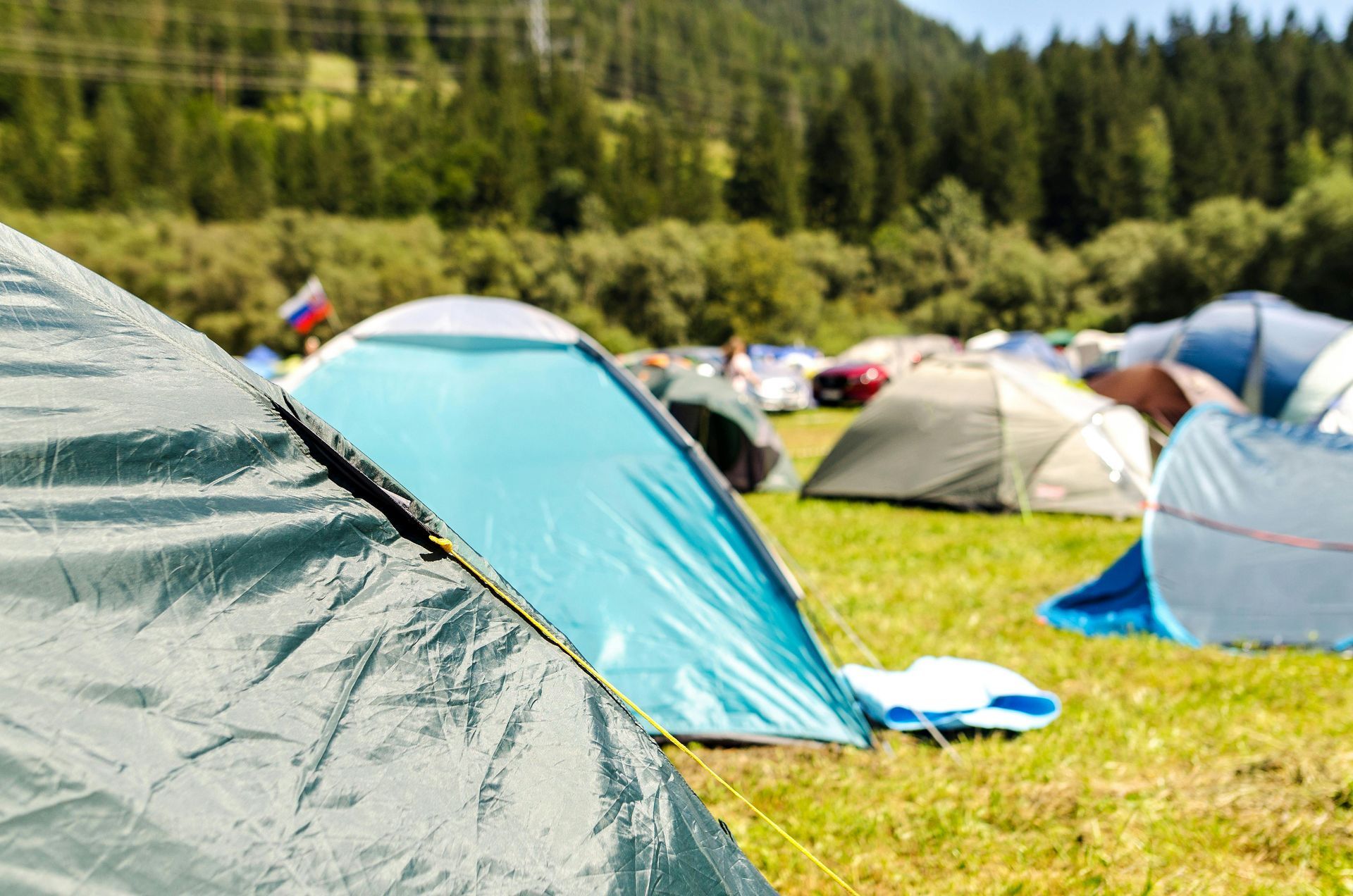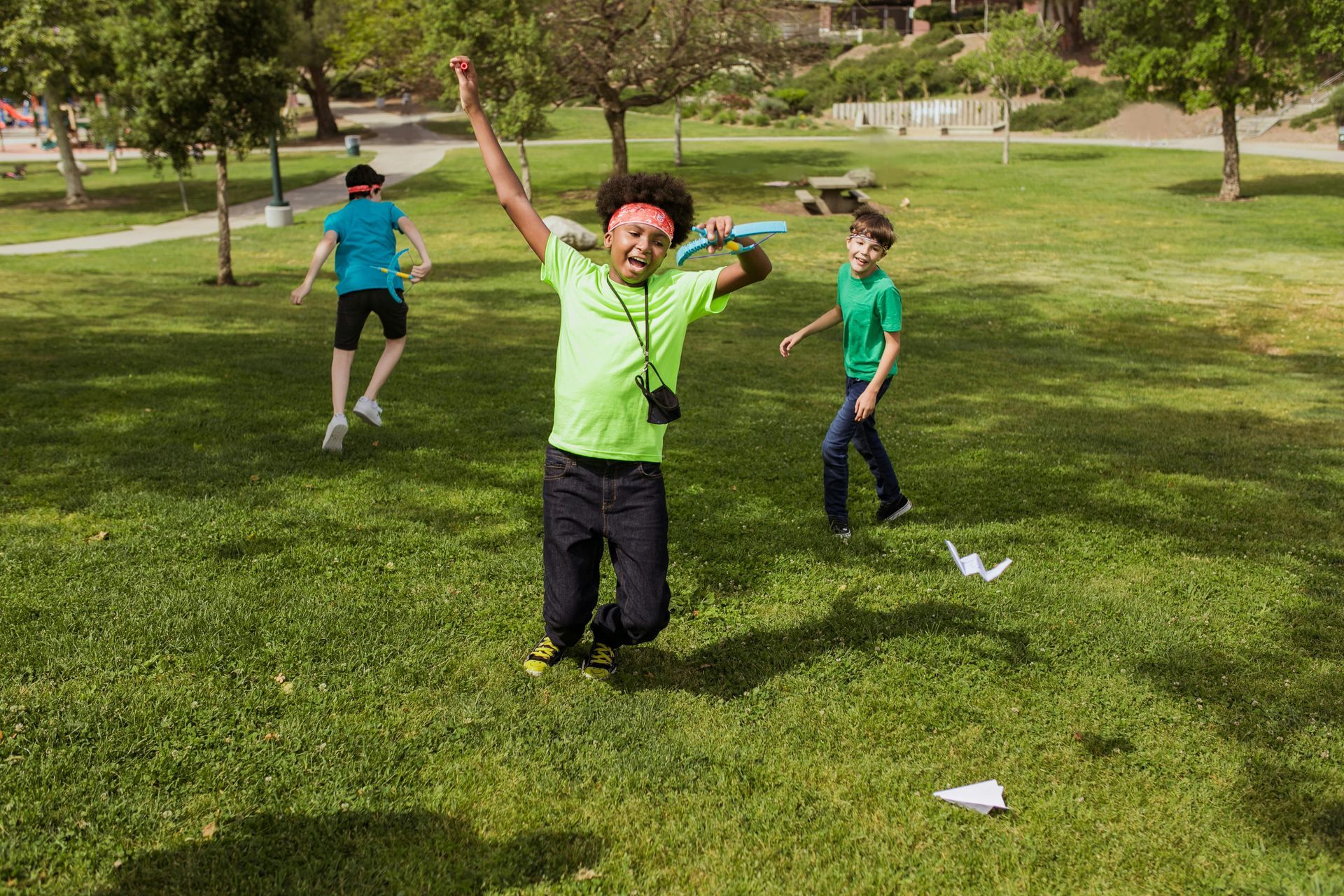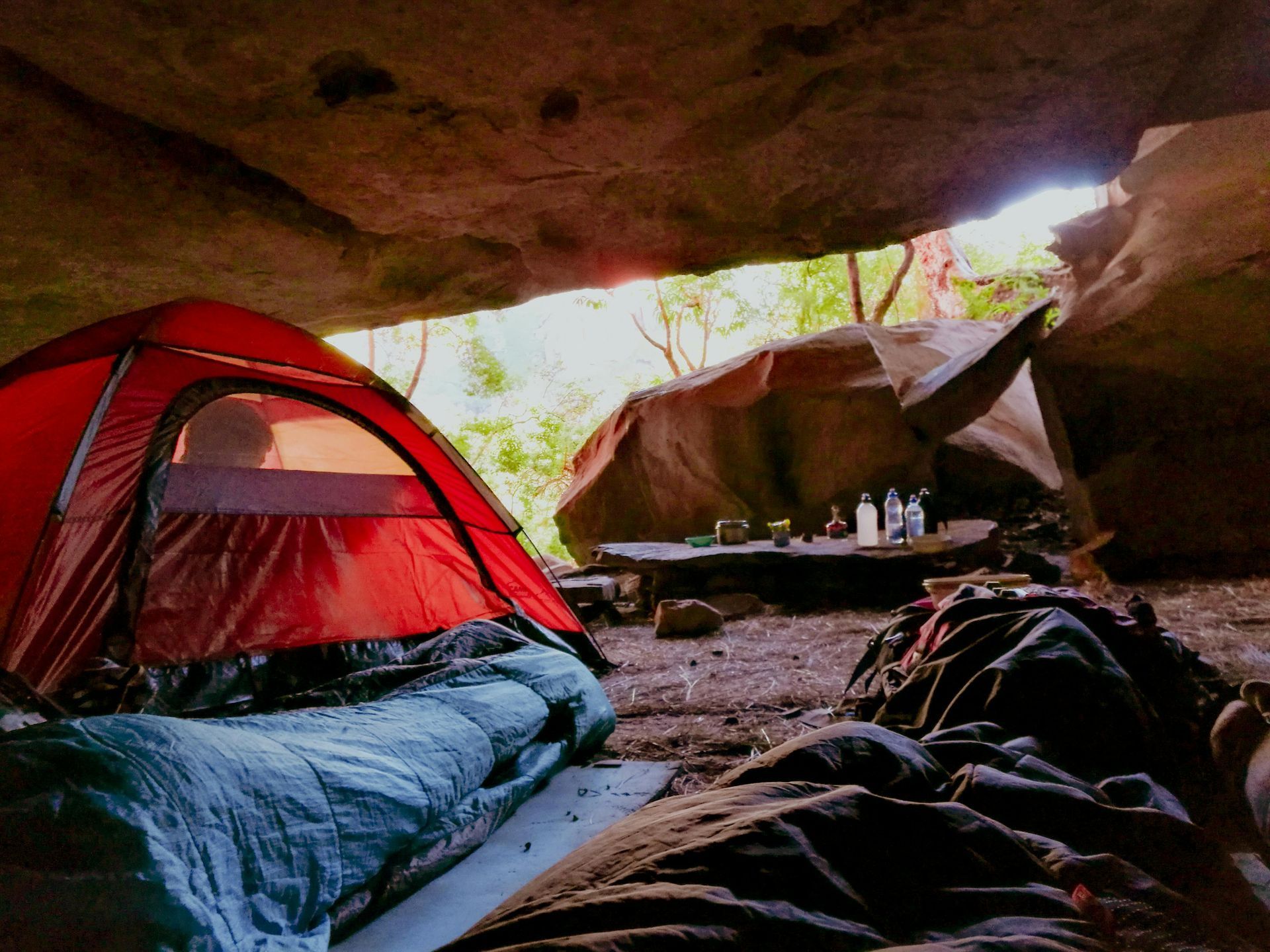Your Trip, Their Lives
The Critical Difference Between Personal & Institutional Risk

Your Trip, Their Lives: The Critical Difference Between Personal & Institutional Risk
You’re hiring a leader for a school hiking trip. One candidate’s résumé is filled with impressive personal feats: solo treks, challenging climbs and expeditions in remote wilderness. They’re clearly skilled and comfortable in the outdoors. Hiring them seems like a no-brainer.
But this common assumption hides a dangerous gap in understanding the gap between personal risk and institutional responsibility.
An instructor’s personal skill set is important, but it’s not the same as the professional judgment required to be responsible for other people’s children. As risk management expert Paul Tame explains, a failure to understand this distinction can lead to disaster.
Personal Risk: Your Choice, Your Consequences
When you go on a personal trip, either alone or with experienced peers, the dynamic is simple. The risks you take are entirely up to you. You make the choices, and you accept the consequences.
As Paul puts it bluntly in our podcast discussion, "If you die in the mountain and you're doing a personal trip, that was a choice you made... No lawsuits involved. It was just a bad choice".
This freedom allows for incredible adventure and personal growth. However, this mindset becomes incredibly dangerous when applied to an institutional setting.
Institutional Risk: A Sacred Duty of Care
When a school or organisation runs a trip, the entire equation changes. You are no longer just a participant; you are a guardian. Parents and students place their trust in you as a professional guide. This isn't just a courtesy it's a legal and ethical duty of care.
The risk calculation is no longer:
● "Can I handle this?"
It becomes:
● "Can I ensure a well-managed and positive experience for every single student in my care, even the most anxious one?"
●
"Am I operating within the specific safety policies and acceptable risk levels of my institution?"
● "Is my plan defensible, and does it follow our established procedures?"
Someone with extensive personal experience may not have institutional experience, and "there's a big difference".
The Gap Between a Skilled Individual and a Professional Guide
The skills that make someone a great mountaineer or kayaker don’t automatically make them a great professional guide for students. The Denali disaster, discussed in our previous post, is a perfect example. The instructor who abandoned his students was strong and personally experienced, but he failed to understand his institutional role.
He reverted to a personal survival mindset, a catastrophic breach of his duty of care. He lacked engagement with the core concepts of institutional risk management.
Key differences between a skilled individual and a professional guide include:
●
Group Management: Professionals are skilled in managing people with diverse abilities, fears, and medical needs not just themselves.
●
Facilitation: The goal isn’t just to complete the activity. It's to facilitate a safe, educational, and supportive group experience.
●
Professional Judgment: A guide must make decisions based on the institution's policies, not their personal risk tolerance. They have to know when to "pull the pin" on an activity, even if they could personally handle it11.
Questions to Ask Before You Hire
To ensure you’re hiring a true professional, you need to look beyond their personal logbook.
● Can this candidate describe a time they managed a difficult group dynamic, not just a difficult climb?
● How do they articulate the difference between their personal risk tolerance and an institution's duty of care?
● In a scenario-based question, do they refer to policies and procedures, or just their own skills?
Hiring the right people is the first and most important step in managing risk. They must be more than just skilled; they must be professionals who understand the weight of the trust placed in them.



